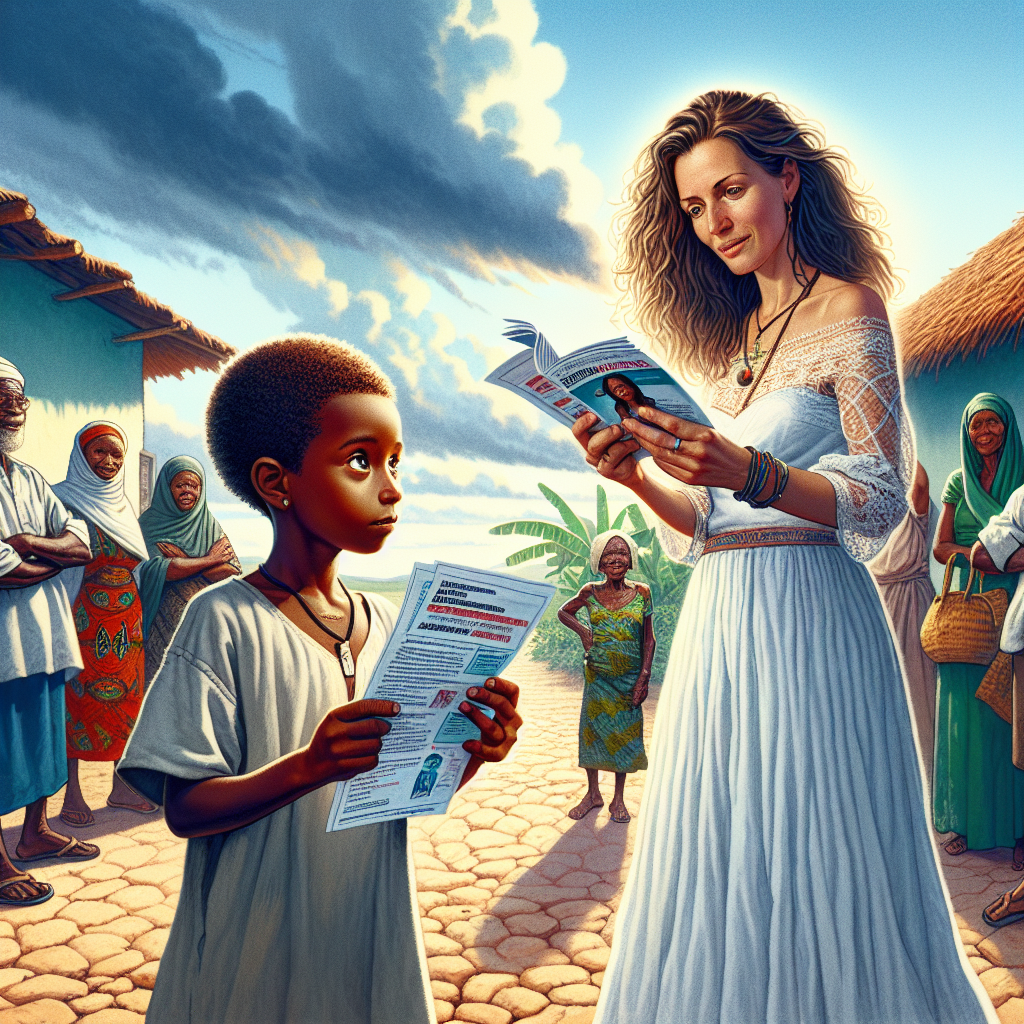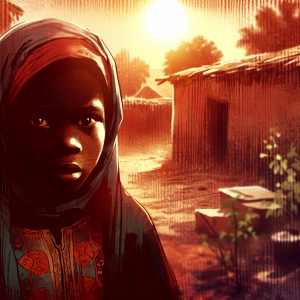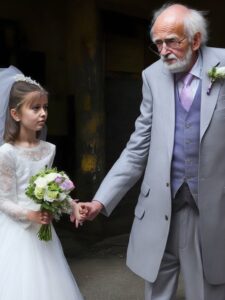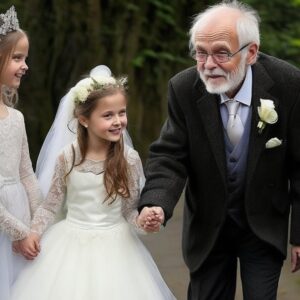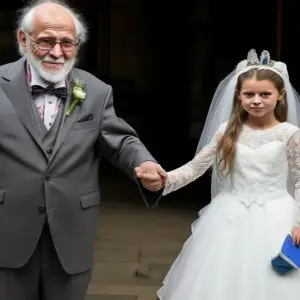#ChildMarriage #EndChildMarriage
Unshackling Futures: The Struggle to End Child Marriage in Cabo Verde
In many regions globally, child marriage stands as a stark infringement on human rights, obstructing the path to personal growth, education, and the overall health of young females. The battle to halt this practice is intensifying in Cabo Verde, an island nation off Africa’s northwest coast, with a unified front emerging to safeguard children’s rights. This piece delves into the actions being taken to eliminate child marriage in Cabo Verde, highlighting both the hurdles encountered and the strides made.
Grasping the Problem
Child marriage, defined as a formal or informal union before 18, disproportionately affects girls, though boys are also victims. The causes are multifaceted, spanning economic, social, and cultural dimensions. In Cabo Verde, similar to elsewhere, factors like poverty, educational deficits, and rigid gender norms fuel child marriage.
Cabo Verde’s Legal Stance
The nation of Cabo Verde has advanced in crafting a strong legal structure to counter child marriage. Its Family Code mandates the marriageable age at 18 for both genders, without exceptions. This legal progress is commendable but requires effective implementation and enforcement to translate into tangible societal change.
Community-Based Efforts and Engagement
Central to Cabo Verde’s campaign against child marriage are grassroots movements and community engagement strategies. These initiatives aim to enlighten communities about the adverse impacts of child marriage on health, education, and economic prospects. Engaging community leaders, religious figures, and families is pivotal in altering the societal norms that sustain child marriage.
Empowering Female Youth
At the core of disrupting the cycle of child marriage is the empowerment of young girls. This includes not only education but also the provision of opportunities for girls to acquire life skills and understand their rights. Mentorship, leadership programs, and education on sexual and reproductive health are vital components.
Advocacy and Awareness
Key to the strategy is enhancing awareness about the repercussions of child marriage and the critical role of girls’ education. Utilizing media, social platforms, and community gatherings are effective in altering public perceptions and fostering positive societal changes.
The Contribution of NGOs
Leading the charge against child marriage in Cabo Verde are both international and local NGOs. These entities tackle the issue on various fronts, from lobbying for policy reforms and offering legal aid to victims, to running educational and empowerment programs for girls. The synergy between NGOs, government bodies, and communities is crucial for a holistic approach to eradicating child marriage.
Persisting Challenges
Despite progress, obstacles persist. Resistance within communities, resource constraints, and the need for more comprehensive data on child marriage pose significant challenges. Additionally, the COVID-19 pandemic has heightened vulnerabilities, potentially undoing recent advancements.
Inspirational Voices
In motivating continued efforts and emphasizing the importance of this battle, reflecting on the words of human rights champions like Malala Yousafzai, who stated, “We cannot succeed when half of us are held back,” is valuable. This sentiment is especially pertinent to child marriage, which limits not just girls but entire societies and nations.
Similarly, Nigerian author Chimamanda Ngozi Adichie’s observation, “Culture does not make people. People make culture,” resonates with the fight against child marriage, underscoring that harmful traditions can be transformed through collective action.
Wrapping Up
The endeavor to eradicate child marriage in Cabo Verde symbolizes the resilience and commitment of communities, activists, and organizations dedicated to defending children’s rights. While challenges loom large, the headway made offers hope for a future where girls can chase their dreams, unencumbered by early marriage.
As human rights advocate Nada Al-Ahdal remarked, “Protecting human rights is not an option, but a responsibility of us all.” This rallying cry highlights our shared duty to oppose child marriage and strive for a world where the rights of every child are upheld and cherished.
The path to abolishing child marriage in Cabo Verde and elsewhere is fraught with obstacles. Nevertheless, with persistent advocacy, education, and community involvement, the bonds of child marriage can be shattered. It falls on everyone to ensure that the crusade for the rights of the youngest and most vulnerable continues with relentless determination.
#NadaFoundation
#ChildMarriage
#Nada_Foundation
#NadaAlahdal
#Breaking #Chains #Fight #Child #Marriage #Cabo #Verde
breaking-the-chains-the-fight-against-child-marriage-in-cabo-verde



